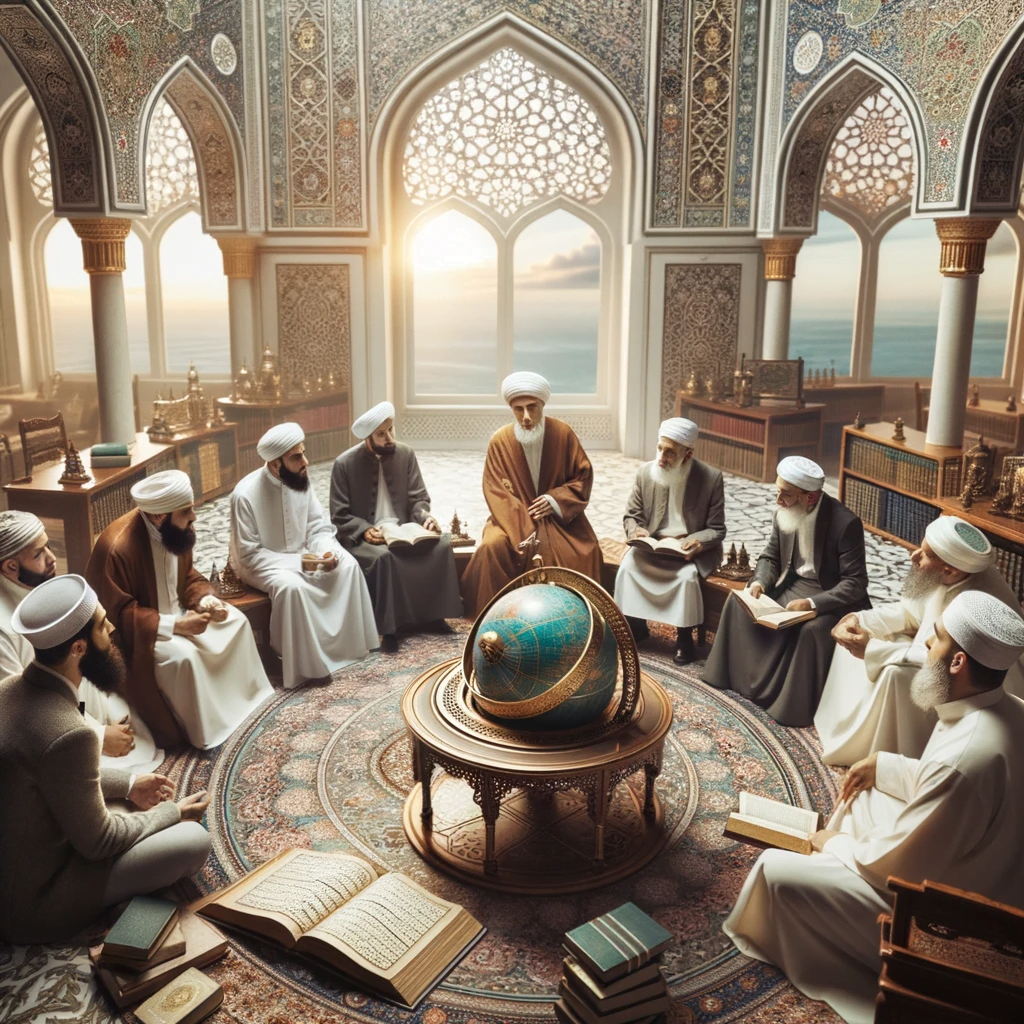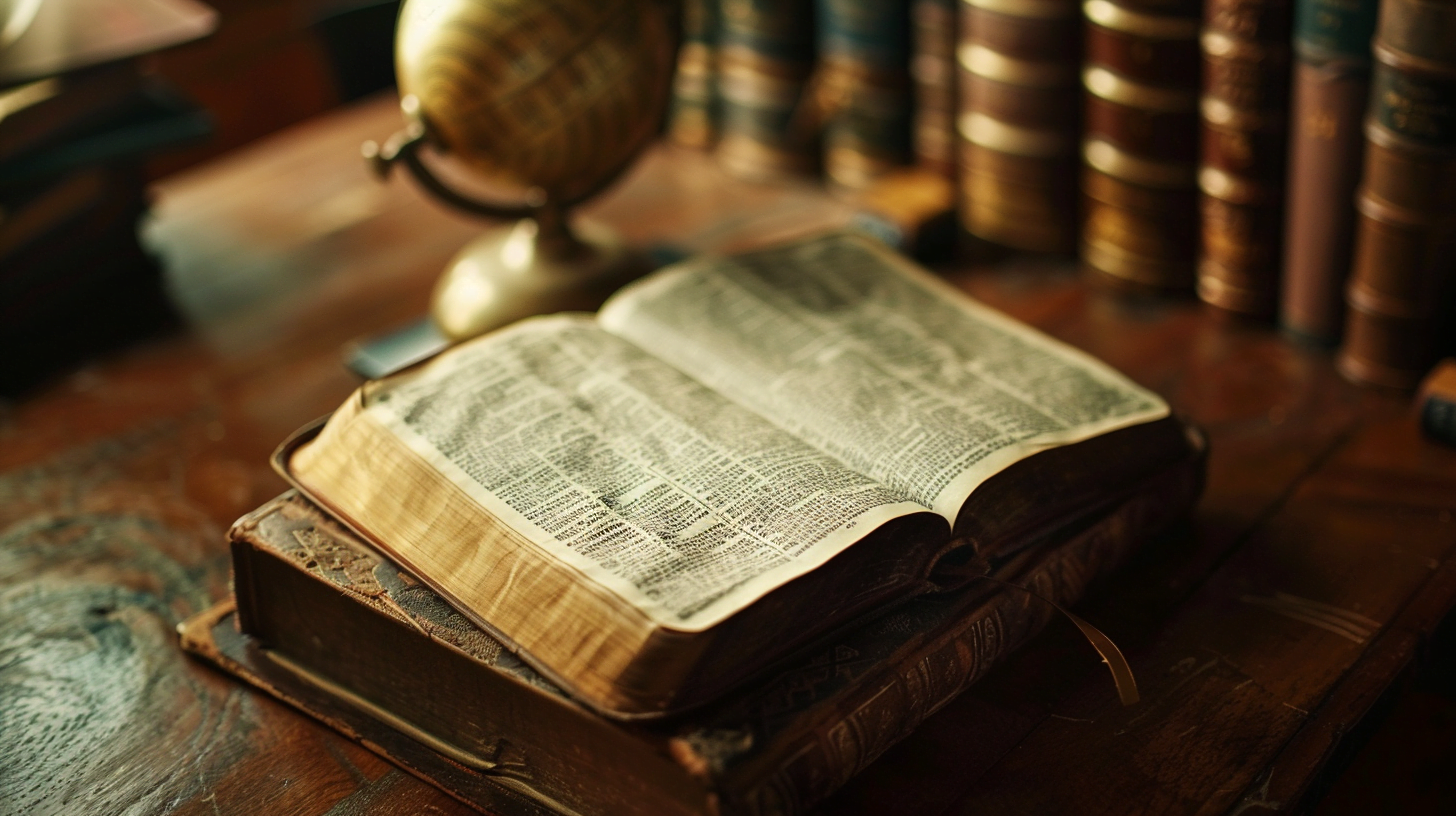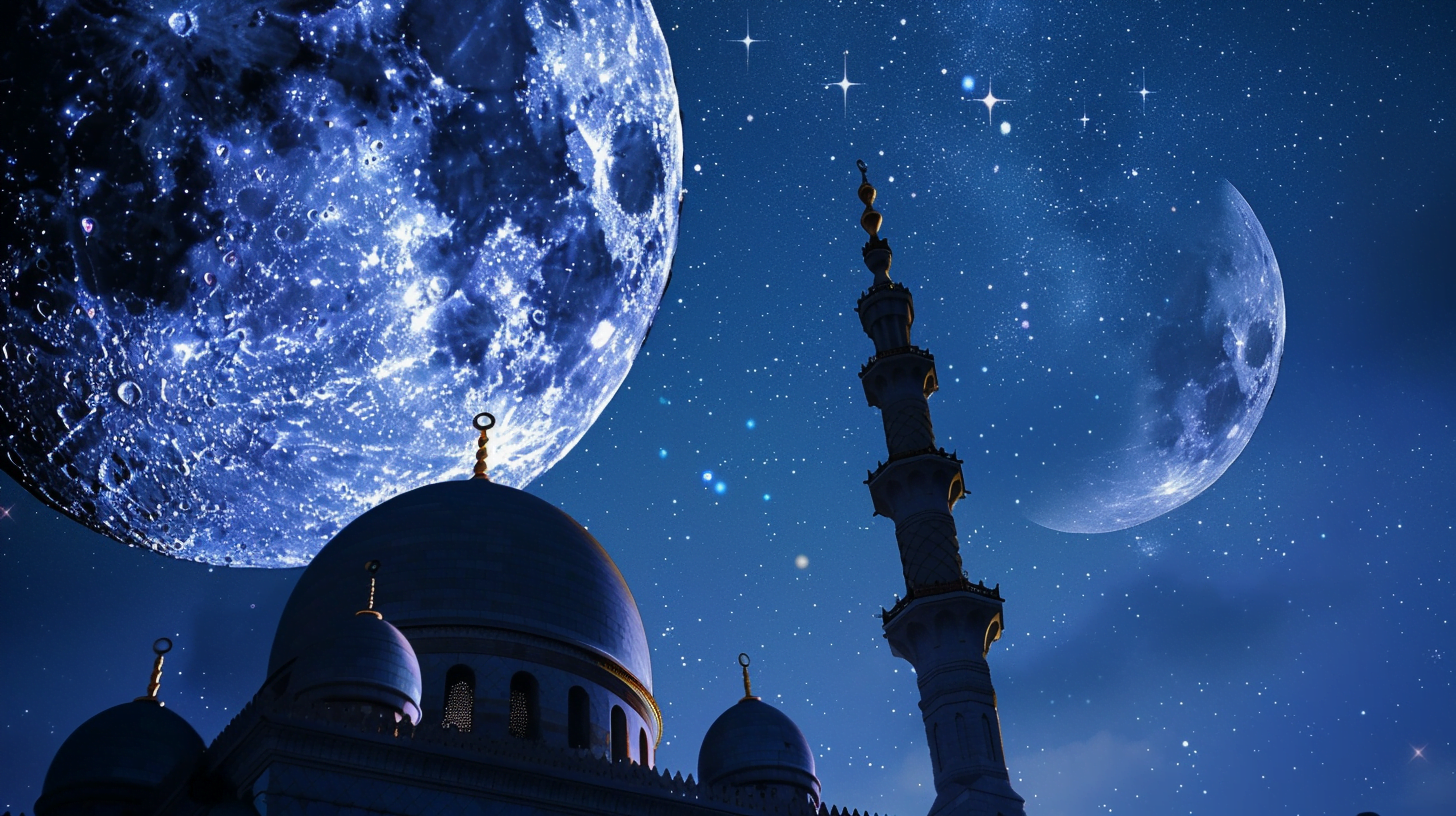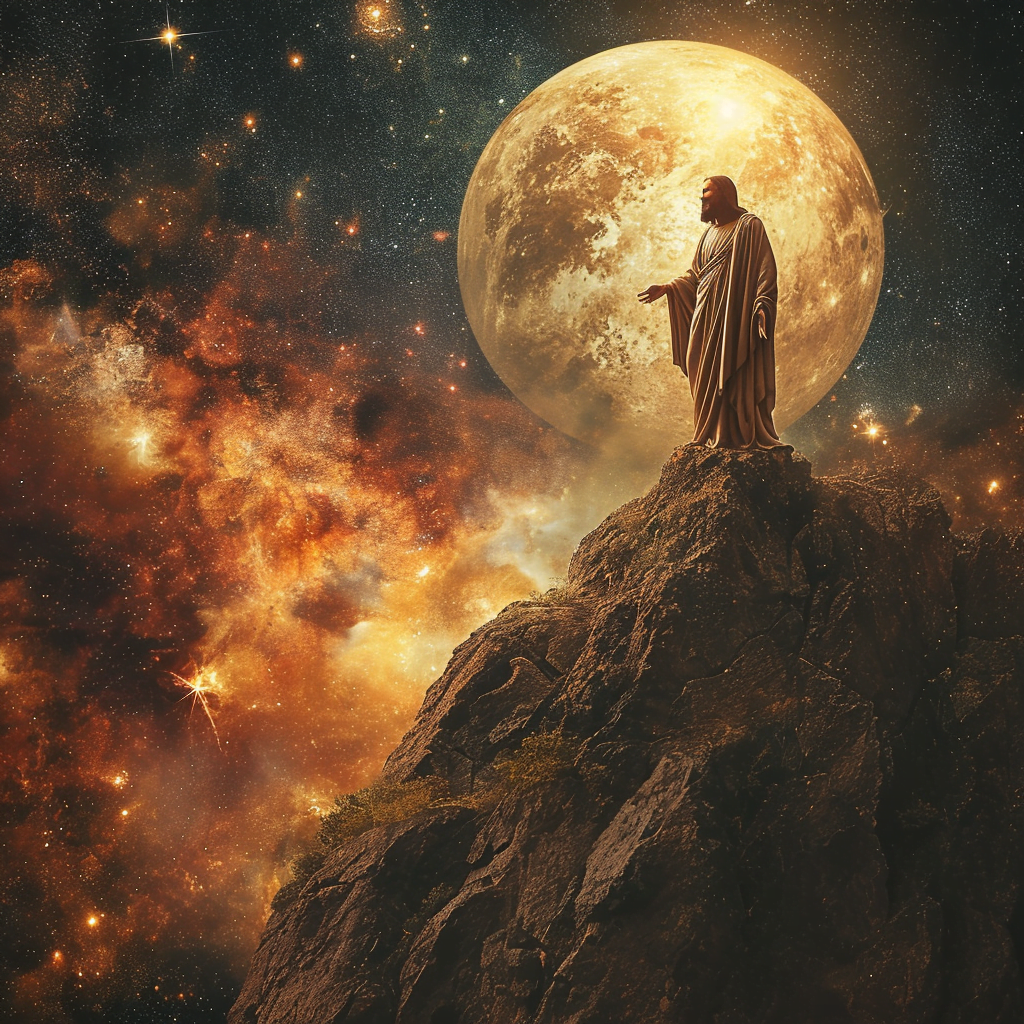In exploring the intricate interplay between astrology and religion, this article navigates the question: which religious traditions find their foundations intertwined with the mystical realm of the stars? As we delve into this fascinating topic, we shall venture into the world of Astrology and its symbiotic relationship with certain religious belief systems. By examining the astrological principles that guide these religions, we seek to gain a deeper understanding of how the heavens have shaped the spiritual fabric of humanity.
Ancient Roots
Astrology is an ancient practice that has its roots in various civilizations and religions across the world. In this article, I will explore the connection between astrology and religion in different ancient cultures.
Mesopotamian Astrology and Religion
Mesopotamian civilization, particularly that of the Babylonians and Assyrians, played a pivotal role in the development of astrology. The Mesopotamians observed celestial events and their influence on human affairs. They believed that the movements of planets and stars directly impacted the destiny of individuals and societies. The Babylonians created intricate astrological systems, such as the zodiac, to understand and interpret these celestial phenomena. Astrology was deeply intertwined with their religious beliefs, with the gods being associated with different celestial bodies.
Egyptian Astrology and Religion
In ancient Egypt, astrology held a significant place in religious practices. The Egyptians closely observed celestial movements, especially those of the sun, moon, and stars. They believed that the pharaohs and other important individuals were connected to specific deities and that their destinies were influenced by the positions of celestial bodies at the time of their birth. The Egyptians associated various gods with different zodiac signs and used astrological knowledge to guide their religious rituals and ceremonies.
Indian Astrology and Religion
Indian astrology, often referred to as Vedic astrology, has its roots in the ancient scriptures known as the Vedas. It is an integral part of Hinduism, and its principles are deeply interwoven with religious beliefs. Vedic astrology emphasizes the concept of karma and reincarnation, asserting that the positions of planets at the time of birth can reveal past, present, and future experiences. The intricate system of houses, signs, and planetary influences in Indian astrology is employed not only for personal guidance but also for religious rituals and determining auspicious times for ceremonies.
Chinese Astrology and Religion
Chinese astrology has its origins in ancient Chinese philosophy and religion, particularly Taoism and Confucianism. The Chinese zodiac, consisting of twelve animal signs, is a central feature of Chinese astrology. The positions of celestial bodies are believed to have a profound impact on various aspects of a person’s life, including health, relationships, and success. Chinese astrology combines the elements of yin and yang alongside the five elements – wood, fire, earth, metal, and water, shaping the interpretation of individual horoscopes. It is closely associated with the Chinese calendar and used in religious practices to determine auspicious dates and times.
Western Astrology and Religion
Western astrology emerged from various ancient civilizations such as the Greeks, Romans, and Egyptians, and became deeply intertwined with Christianity during the Middle Ages. In the Western context, astrology played a significant role in religious life, with astrologers being consulted for guidance and predictions. Astrological beliefs were incorporated into religious art, literature, and even church architecture. However, with the rise of scientific rationality during the Renaissance, the association between astrology and religion began to decline in the Western world.
Astrology in Ancient Religions
In ancient religions, astrology held immense significance and was integrated into religious belief systems, rituals, and worship practices. Let us delve deeper into its role within these religious contexts.
Mythology and Astrological Beliefs
Astrology and mythology often intersected in ancient religions. Celestial events were believed to be influenced or caused by the actions of gods or divine beings. For example, in Mesopotamian mythology, the gods were associated with different celestial bodies and their movements were interpreted as divine messages. Similarly, in Egyptian mythology, the sun god Ra was closely linked with the movements of the sun. These mythological connections shaped the astrological beliefs of these ancient civilizations.
Role of Astrology in Rituals and Worship
Astrology played a vital role in religious rituals and worship practices. From determining auspicious times for ceremonies to guiding the selection of sacrificial offerings, the positions of celestial bodies were carefully considered. For instance, in Hinduism, the timing of religious ceremonies, such as weddings or festivals, is often determined by astrological calculations to ensure favorable outcomes. In ancient Greece, astrology was consulted to plan significant religious events, such as the Olympic Games, to align them with cosmic forces.
Interpretation of Celestial Events in Ancient Religions
Ancient religions often interpreted celestial events, such as eclipses or planetary alignments, as divine interventions or omens. These events were seen as messages from the gods or cosmic signs that foretold significant events or changes in human affairs. Astrologers and religious authorities would study these celestial phenomena and interpret their meanings for the general population. In many cases, celestial events were believed to hold both positive and negative implications, depending on the specific religious and cultural contexts.
Astrology as a Fundamental Principle
Astrology, in various ancient religions, was considered a fundamental principle shaping the lives of individuals and societies. This section explores the core concepts and beliefs that underpin such astrological worldviews.
Predestination and Astrological Determinism
One of the fundamental beliefs in astrology is the concept of predestination or fate. Ancient religious astrologers believed that celestial bodies and their positions at the time of birth predetermined an individual’s destiny and life experiences. This deterministic view suggests that everything that occurs in a person’s life is influenced or even predetermined by astrological factors. This understanding of astrology as an all-encompassing force provided a sense of order and purpose in the ancient religious worldview.
The Influence of Heavenly Bodies on Human Life
Another core belief in ancient astrology relates to the influence of celestial bodies on human life. It was widely believed that the motions and positions of planets, stars, and other celestial bodies directly impacted an individual’s character, personality, and destiny. For example, in Hindu astrology, the positioning of planets at the time of birth determines one’s doshas (cosmic energies) and their effects on physical and mental health. This belief in celestial influence influenced the decisions and actions of individuals, as they sought to align themselves with the cosmic forces at play.
Astrology as a Guiding Force in Decision Making
Astrology served as a guiding force in decision making within ancient religions. The interpretations and predictions provided by astrologers were often sought before major life events or important decisions. From choosing a life partner to embarking on a significant journey, astrology was consulted to ensure favorable outcomes and to provide guidance on the best course of action. Astrology’s influence on decision making reflected the deep trust placed in its principles as a source of divine wisdom and insight.
Religious Traditions Heavily Influenced by Astrology
Certain religious traditions across the world have been heavily influenced by astrology throughout history. This section explores some of the traditions and their interconnections with astrological beliefs.
Vedic Astrology and Hinduism
Vedic astrology, an integral part of Hinduism, has a long and rich history. It is deeply rooted in the sacred texts known as the Vedas, which serve as the foundation for Hindu religious practices and beliefs. Vedic astrology focuses on the positions of celestial bodies at the time of birth to determine an individual’s life path, strengths, weaknesses, and future. It also guides the timing of essential rituals and ceremonies, such as weddings and naming ceremonies, to ensure alignment with cosmic energies and favorable outcomes.
Astrology in Buddhism
While Buddhism is primarily focused on the teachings of the Buddha and the attainment of enlightenment, astrology has influenced certain aspects of Buddhist practices. In Tibetan Buddhism, astrology is utilized for various purposes, including determining auspicious times for spiritual practices and choosing the right meditation practices based on an individual’s astrological profile. Astrological beliefs are used in Tibetan monasteries to guide the selection of spiritual leaders and to predict important events in a spiritual community.
Astrological Elements in Jainism
Jainism, an ancient Indian religion, incorporates astrological elements into its teachings and practices. Jain astrology, known as Nakshatra Vidya, explores the connections between celestial bodies and their influence on human lives. The Jains believe that the positioning of planets and stars at the time of birth determines an individual’s karmic patterns and future experiences. Jain astrologers use this knowledge to guide followers and provide insights into their spiritual journey.
Astrology within Western Esotericism
Western esoteric traditions, such as hermeticism, alchemy, and Kabbalah, have historically incorporated astrology into their belief systems. Astrology was seen as a means of understanding the mystical connections between the macrocosm (the universe) and the microcosm (the individual). The hermetic principle of “as above, so below” suggests that celestial patterns reflected and influenced human experiences. Within these esoteric traditions, astrology was used as a tool for spiritual development and as a means of gaining deeper insights into the mysteries of existence.
Astrology in New Age Spirituality
New Age spirituality, characterized by its eclectic and holistic approach to spirituality, often incorporates astrological principles. Astrology is viewed as a means of self-discovery, personal growth, and understanding one’s place within the universe. New Age practitioners combine astrology with various other metaphysical concepts, such as crystal healing, chakra balancing, and psychic practices, to create a comprehensive spiritual framework. Astrological interpretations in the New Age movement focus on identifying and working with cosmic energies for personal and collective transformation.
Astrology in Abrahamic Religions
Astrology’s relationship with the Abrahamic religions – Judaism, Christianity, and Islam – has been complex and varied. This section explores the presence of astrology within these monotheistic belief systems.
Astrology in Judaism
Judaism, while generally skeptical of astrology as a divinatory practice, has acknowledged its presence throughout history. Jewish scholars have engaged with astrological concepts on philosophical and theological levels. For example, the Kabbalistic tradition within Judaism explores the mystical connections between the celestial realms and human existence. However, there have been varying views within Judaism regarding the legitimacy and appropriateness of astrological practices, with some authorities dismissing astrology as mere superstition.
Astrology in Christianity
Christianity’s relationship with astrology has been complex and has evolved over time. During the Middle Ages, astrology played a significant role within Christian religious life. It was used to determine auspicious times for religious ceremonies, to guide the selection of religious leaders, and to interpret divine messages through celestial events. However, with the rise of scientific rationality and the Reformation, astrology began to be viewed with skepticism and was gradually rejected by mainstream Christian authorities.
Astrology in Islam
Islamic perspectives on astrology have also been varied, with different interpretations and practices present within the Islamic world. While astrology was widely studied and practiced in the Islamic Golden Age, there were differing opinions among Muslim scholars regarding its validity and permissibility. Some Islamic scholars considered astrology to be a form of divination and thus prohibited within Islam. Others, however, acknowledged its presence and incorporated astrological elements within their philosophical and theological writings.
Astrological References in Sacred Texts
Astrological references can be found in the sacred texts of the Abrahamic religions, although their interpretations have been diverse. In the Hebrew Bible, for example, several passages allude to celestial phenomena, astrological symbols, and their potential importance. In the Christian Bible, the birth of Jesus is often associated with the “Star of Bethlehem,” which is interpreted by some as an astrological event. Islamic texts also contain references to cosmic signs and the influence of the stars.
Astrology’s Relationship with Monotheistic Beliefs
Astrology’s compatibility with monotheistic beliefs has long been a subject of debate and interpretation. This section explores how astrology has been understood and interpreted within the context of monotheistic religions.
Interpretation of Astrological Practices in Monotheism
Astrological practices within monotheistic religions have been interpreted in different ways. Within some interpretations, astrology has been seen as a legitimate means of understanding and working with the divine plan. It has been viewed as a way to recognize the beauty and complexity of God’s creation and to gain insights into the divine will. However, other interpretations have criticized astrology as incompatible with monotheistic beliefs, perceiving it as a form of idolatry or divination that compromises the ultimate authority of God.
Orthodox Views on Astrology among Monotheistic Religions
Orthodox views on astrology within monotheistic religions often condemn or reject its practice. Within orthodox branches of Judaism, Christianity, and Islam, astrology is viewed as a form of divination or superstition that detracts from a sincere devotion to God. Orthodox interpretations emphasize the sovereignty and omniscience of God, suggesting that attempts to predict or manipulate the future through astrology undermine the foundational principles of faith. However, it is important to note that these views do not encompass the entire spectrum of belief within these religions.
Controversy and Criticism
Astrology has faced significant criticism and controversy throughout history. This section explores some of the key critiques leveled against astrology, particularly within mainstream religious contexts.
Mainstream Religions’ Rejection of Astrology
Many mainstream religions reject astrology as incompatible with their core doctrines and beliefs. Religious authorities within Christianity, Judaism, and Islam have historically criticized and rejected astrological practices, considering them to be superstitious, contradictory to divine will, or potentially leading to idolatry. These criticisms reflect the tension between astrology’s deterministic worldview and the belief in the sovereignty of God or the divine.
Critiques on the Validity and Scientific Basis of Astrology
Astrology has also faced skepticism and criticism from a scientific viewpoint. Many critics believe that astrology lacks a scientific basis and that its claims are not supported by empirical evidence. Scientific arguments against astrology point to the lack of consistent predictions, the absence of causal mechanisms, and the possibility of psychological biases influencing astrological interpretations. Critics assert that astrology relies on generalities, subjective interpretations, and confirmation biases rather than adhering to rigorous scientific methodologies.
Ethical Concerns and Spiritual Dependency
Another area of criticism directed toward astrology relates to ethical concerns and potential spiritual dependency. Critics argue that astrology can lead to a sense of fatalism or inaction, as individuals may become overly reliant on astrological readings and predictions instead of taking responsibility for their own lives. The commercialization of astrology, with the proliferation of horoscope columns and fortune-telling businesses, has also raised ethical concerns about the exploitation of vulnerable individuals seeking answers and guidance.
Modern Synthesis of Astrology and Religion
In modern times, astrology has undergone different transformations and has been synthesized with various religious and spiritual belief systems. This section highlights some of the contemporary approaches that have emerged within this realm.
Astro-Theology and Astrological Cosmology
Astro-theology, a modern conceptualization of the relationship between astrology and religion, explores the connections between the cosmos and the divine. It involves the study of celestial phenomena and their perceived spiritual significance. Astro-theology seeks to integrate astronomical knowledge with religious and spiritual beliefs, culminating in the belief that the universe itself is a reflection of divine presence and intelligence.
Astro-Psychology and Psychological Astrology
Astro-psychology, also known as psychological astrology, focuses on the psychological dimensions of astrology. It combines traditional astrological principles with insights from psychology to provide a framework for self-exploration and personal growth. Astro-psychologists believe that astrological charts reflect unique psychological profiles and can be used as a tool for understanding and developing one’s personality, motivations, and interpersonal dynamics.
Astrological Approaches to Spirituality
Many individuals and spiritual communities have integrated astrology into their practices as a means of deepening their spiritual journey. Astrological approaches to spirituality emphasize self-reflection, self-awareness, and the attunement to cosmic energies. It is viewed as a tool for individuals to align themselves with the rhythms and cycles of the universe, fostering a sense of interconnectedness and divine harmony.
Astrology’s Influence on Personal Belief Systems
Astrology’s influence extends beyond religious and spiritual contexts, shaping personal belief systems in diverse ways. For some individuals, astrology provides a framework for understanding their place in the world and their relationships with others. It can offer solace, guidance, and a sense of meaning amidst life’s uncertainties. While astrology’s place within belief systems varies widely, its popularity and enduring presence throughout history highlight its continued relevance in shaping personal worldviews.
Astrologers’ Perspectives on Astrology as a Religion
Astrologers themselves have diverse perspectives on whether astrology qualifies as a religion. This section delves into the views of astrologers regarding astrology’s place within the framework of religion.
Astrology’s Place within the Framework of Religion
Some astrologers consider astrology to be an integral part of a religious framework. These individuals argue that astrology offers a perspective on the divine, providing insights into the interconnectedness of all things. They view astrology as a source of spiritual guidance, a method of connecting with the divine, and a means of understanding the deeper mysteries of existence.
Astrology as a Spiritual Practice
Many astrologers identify astrology as a spiritual practice rather than a religion. They view astrology as a tool for self-exploration, personal growth, and connecting with the spiritual dimensions of life. Astrologers engage in ongoing study, reflection, and contemplation to deepen their understanding of the astrological principles and their own spiritual journey.
Astrology’s Role in Personal and Collective Transformation
Astrologers often highlight astrology’s potential to facilitate personal and collective transformation. They believe that astrology offers a language to understand and work with the energies and archetypes of the cosmos. Astrologers maintain that astrology can empower individuals to make conscious choices, deepen their self-awareness, and align themselves with their higher purpose. They also suggest that astrology can provide insights into collective and societal dynamics, contributing to the broader evolution of humanity.
Intersections of Astrology with Mysticism and Divination
Astrology shares intersections with various mystical and divinatory practices. This section explores some of these connections and their implications.
Astrology’s Connection with Tarot and Oracle Cards
Astrology often intersects with other divinatory practices, such as tarot and oracle card readings. The archetypal symbolism present in astrology finds resonance in these card-based systems. Astrology can provide broader contexts and interpretations for the messages drawn from tarot or oracle decks, enriching the divinatory experience and offering a more holistic understanding of the cosmic forces at play.
Astrological Divination Techniques and Prophecy
Astrology has a history of being used as a divinatory tool, providing insight into the future or specific life events. Astrological divination techniques, such as horary astrology or predictive astrology, aim to answer specific questions or predict outcomes based on the positions of celestial bodies. These practices often involve complex calculations and interpretations, with astrologers utilizing their knowledge to offer guidance and insights into future possibilities.
Astrology’s Influence in Magical Practices
Astrology has been integrated into various magical practices throughout history. The connections between celestial bodies and magical correspondences are often explored within ceremonial magic, spellwork, and other forms of occultism. Astrological timing is considered crucial in selecting auspicious moments for magical rituals, harnessing the energies associated with specific celestial events.
In conclusion, astrology’s relationship with religion has been diverse and complex throughout history. From its ancient roots in Mesopotamia and Egypt to its presence within monotheistic religions and its contemporary synthesis with spirituality, astrology has shaped religious beliefs, rituals, and worldviews in various cultures. While astrology has faced critiques and controversy, its enduring presence and continued influence on personal belief systems highlight its significant role in human spirituality and quest for meaning.



